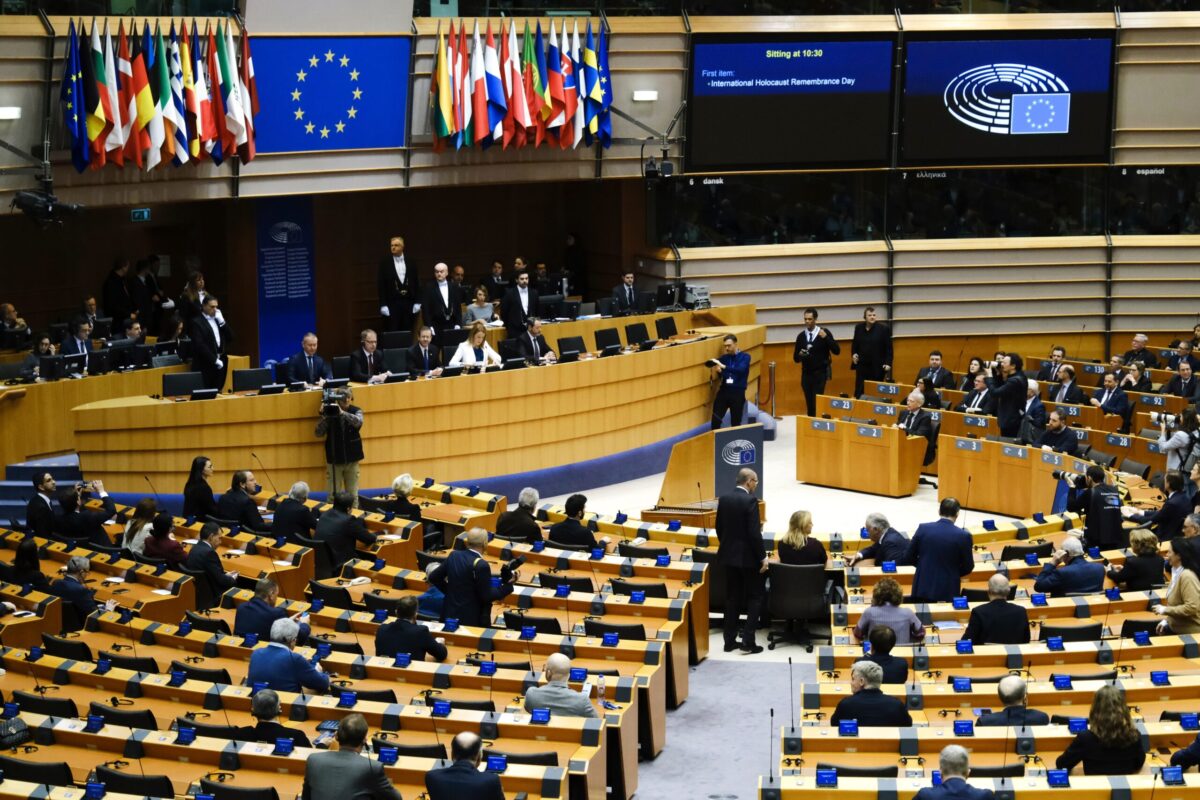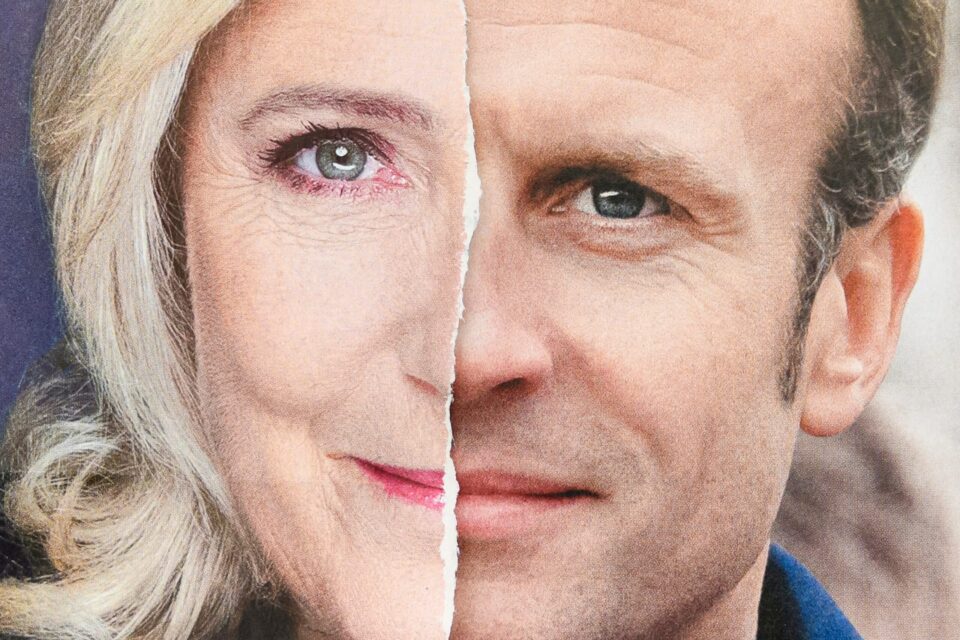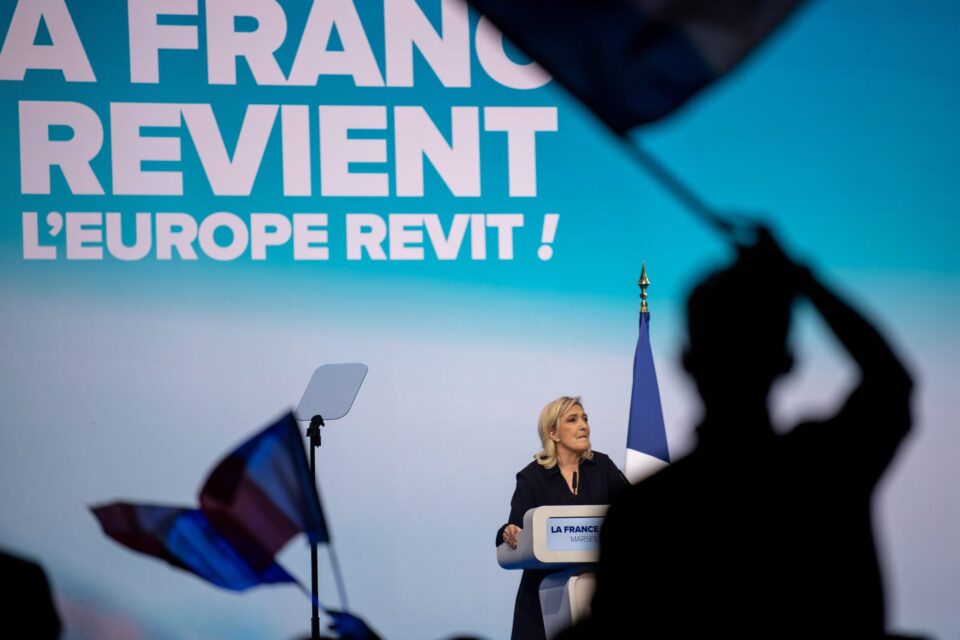The European parliamentary elections are a gauge of the citizens’ mood ahead of the national elections in the member countries, especially in the EU’s locomotives, France and Germany, where the National Rally and the Alternative for Germany are stronger than ever

The outcome of the European Parliament elections is a manifestation of internal national dissatisfaction. It is evidence that the priorities are the rising cost of living, the causes of this reality, and the need to entrust the vote to those who will address it.
Emmanuel Macron’s Renaissance party may not have brought the renaissance the French expected when they entrusted the young Macron, as a fresh actor on the political scene, with the first and then the second mandate, but it certainly brought changes. However, to be fair, a revival is a revival, even if it is a renaissance of nationalism – which is in full swing and was precisely reflected in the recent European Parliament election results. This vote, held at the beginning of June, brought to the forefront the issue of nationalism instead of European topics and strengthened the right wing, especially the extreme right in France, like never before. The case is similar in Germany and a few other pillars of the European Union. The strengthening of right-wing parties and the far right was the backbone of these elections, where almost 400 million EU citizens shaped the common European body with their votes. Ironically, the rising trend is the one least in favor of unity and most xenophobic and anti-democratic in many spheres.
It could be said that the European Parliament elections gauged the pulse of the nations ahead of the upcoming elections in the member states of the union. What the governments, especially those in Paris and Berlin, have felt is that voters want a change of course. The right-wing party National Rally, led by Marine Le Pen, defeated the party of the current French president, while the far-right German AfD overcame the Chancellor’s party. Marine Le Pen won with more than 30 percent of the vote, ten percent more than five years ago. Macron’s Renaissance took only 15 percent, seven percent less than last year. Such success has not been achieved by the right since the party was founded nearly half a century ago by Jean-Marie, Marine Le Pen’s father.
In truth, the trend of craving change has been noticeable for years – since the French “buried” the two traditional parties, the Socialists and the Republicans, and replaced them with Macron and the Right. Europe has shifted. National states are more visible and the horizons of democracy are more obscure. Twenty years ago, politicians refused to debate with Jean-Marie Le Pen because of his hateful, undemocratic views. Today, his daughter has serious chances of moving into the Élysée Palace. Her nationalist ideas, in which the French are more important than everyone else, have become a widespread mantra noticeable in the European Parliament elections, where the campaign was conducted on the domestic political themes of the member states instead of major European issues. Therefore, we can view this event as a trend and a potential outcome for the national elections that follow in these countries.
National states are more visible and the horizons of democracy are more obscure
It is true that, compared to previous elections, conservatives are where they were, and due to the formation of a coalition that has been in power so far, continuity of policy in Brussels can be expected in that sense. However, it says a lot that both the Social Democrats and the Greens have seriously faltered. The focus has shifted from issues like climate change to dissatisfaction with internal national policies that negatively affect the economy. Europeans did give the majority to the largest group, the European People’s Party, but the real winners are the right-wingers who have caused a political earthquake in some member states of the union. The EP elections will shape trends in the EU for the next five years, during which policy-making will be directed by the themes pushed by the far-right parties. We all know what those themes are. We also know that they are not fond of the topic called the policy of EU enlargement. As far as they are concerned, the stars on the blue flag are enough – too many, even. As well as the migrants and refugees.

Although almost every expert will say that voting for the European Parliament is essentially a secondary matter, something like Eurovision in the music world, especially since the leading coalition confirmed its primacy, it is still a kind of scanner of the state of a society that does not live in isolation but in a world that is in turmoil. The recent voting has caused resignations, emergency elections, and cracks in the facades of many governments. Not to mention the subsequent consequences. The first shock was the decision of the French president to dissolve the assembly and call elections, stating that the rise of nationalism was a danger to Europe. For the first time in the history of the Fifth Republic, the right has climbed to this level, thanks to the votes of the youth. For the first time in France, nationalist tendencies are expressed to this extent. The right-wingers claim they are ready to take power if the French trust them in the upcoming national elections, to renew the country, end mass migration, and prioritize the French people.
By deciding to dissolve the assembly and call elections, Macron is counting on the fact that, as has been the case so far, when faced with Le Pen in the final electoral round, common French sense will prevail and not allow the dangerous words of the right to dominate over “Liberty, equality, fraternity.” Macron is counting on this and on those who slept through the EP elections to choose him at home. He will consolidate power. But if Macron and Scholz are as mistaken as David Cameron was when he allowed the Brexit referendum, assuring Brussels that everything would be fine, we must ask what nationalism looks like in the diverse community of European nations.
There is no educated person in Europe who does not know the meaning of the famous French motto “liberty, equality, fraternity,” but the voices of the fighters for freedom, democracy, equality, and fraternity are growing quieter. The radical course of events leads to the famous thought of the poet Branko Miljković, who wondered: “Will freedom know how to sing as the slaves sang about it?” The balance of power between the world of labor and the world of capital, which maintained social peace, has been disrupted. The power of leftist parties and unions has declined, and they are facing a great challenge.
Hence, the first victim of the EP elections was the Belgian prime minister, who resigned because his liberals were defeated by Flemish nationalists riding the safe wave of anti-immigrant policy. German Chancellor Olaf Scholz also took the pulse of the nation, with the Alternative for Germany (AfD) stronger than ever, significantly ahead of his ruling socialists, who recorded their worst election result since World War II.
The EP elections will shape trends in the EU for the next five years, during which policy-making will be directed by the themes pushed by the far-right parties

The triumph of the opposition was celebrated in the Czech Republic, Slovenia, Slovakia, and so on, making it easier to list where the ruling parties won. The heavy note to this outcome is the fact that these results were not much of a surprise, except perhaps for the rise of the far-right German Alternative, which speaks softly about Nazis. They are now the second most popular party in Germany, a country that, it is important to note, has the most MEPs. They are proof that in terms of power, the EP elections are not like Eurovision in the music world, because the AfD is not just a summer hit. Italy is an even better example. There, a right-wing coalition led by Prime Minister Giorgia Meloni’s party has now achieved record success in the EP. Then there is Hungarian Fidesz, led by Prime Minister Viktor Orbán, who interpreted the victory as a message from Hungarians that they want peace and support his intention to keep the country away from war. Orbán’s speech touched on perhaps the most important piece of the puzzle – the international community’s stance towards Russia, the feelings of Europeans about the war in Ukraine, and the fear of spreading the crisis that affects the socio-economic situation. The rise of the right in the EP actually says a lot about the fear of war escalation and the desire to finally lead peace negotiations, a wish to live differently in Europe.
Macron says he has heard them and received the message, but has he understood that the motto was and remains “Liberty, Equality, Fraternity,” along with a new humanistic vision of society that will not rest, as it does now, on the concentration of wealth in fewer and fewer hands of the powerful and privileged while the middle class disappears, but on what the class struggle produced over a hundred years ago – social dialogue and civic awareness.